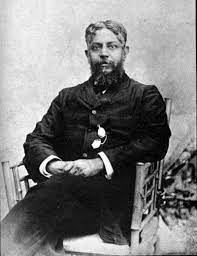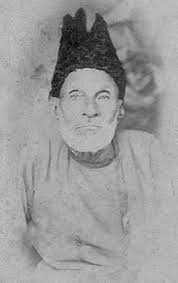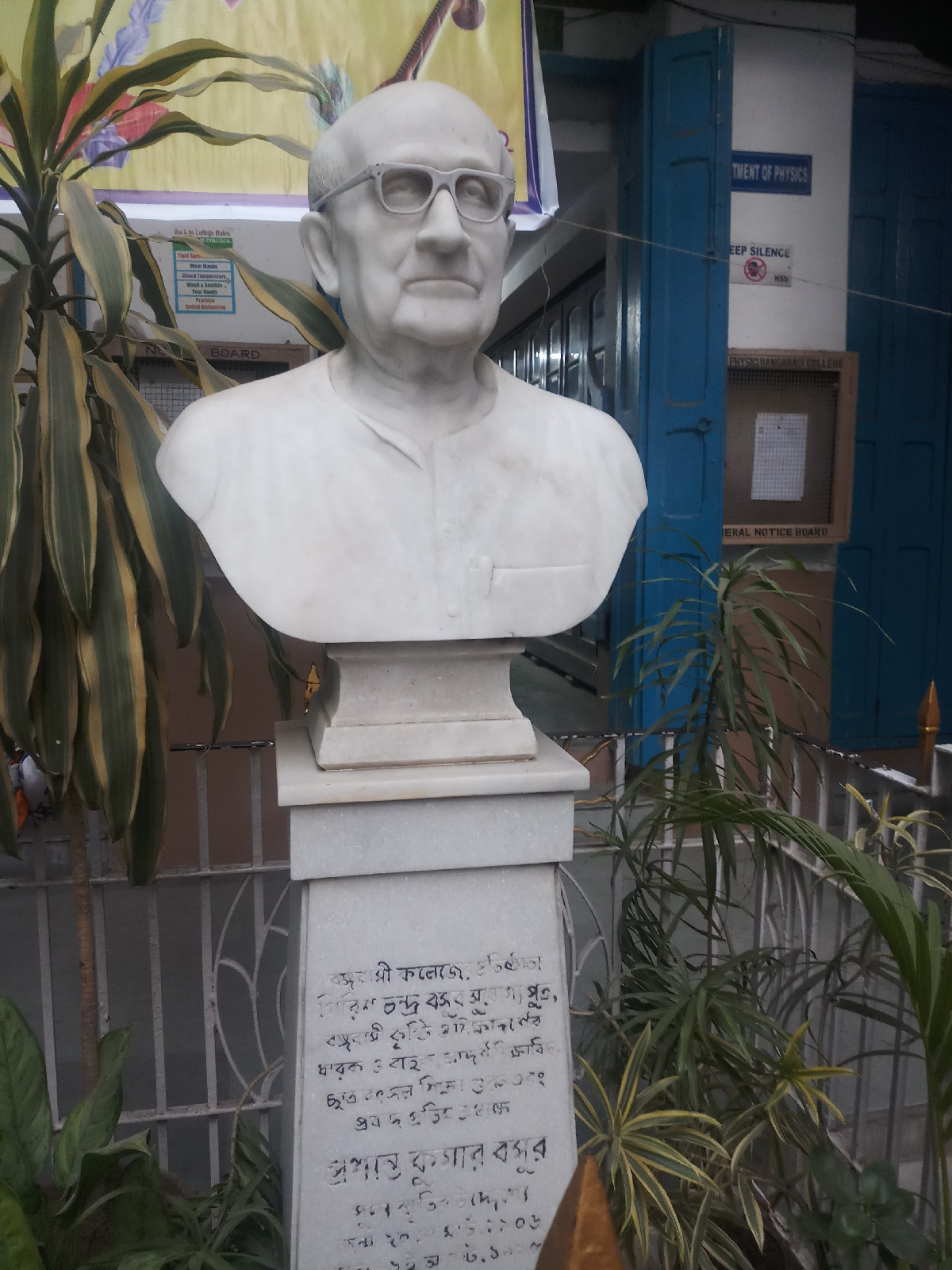- City College (located
at 102/1, Raja Rammohan Roy Sarani) was founded
by Ananda Mohan Bose and the Sadharan Brahmo Samaj in 1881.
- Other illustrious Brahmo
leaders associated with this institution were Pandit Sivnath Sastri and Umesh
Chandra Dutta. Rastraguru Surendranath Banerjee later joined the College as
teacher.
- Today it is popularly called as the North City
College to differentiate it from the South City College at Golpark.
- In 1961, the college was divided into three
separate colleges–Rammohan College (morning), City College (day) and Ananda
Mohan College (evening).
- Till 2017, the college used to be administered by the
Brahmo Samaj Education Society, a society constituted by the Sadharan Brahmo
Samaj. After that, it became a grant-in-aid college under the Department of
Higher Education, Government of West Bengal.
- Today Ananda Mohan College offers 9 humanities, 4 commerce and 7 science stream undergraduate courses.
- Rammohan College has acquired the
heritage building at 85A, 85B, 85C and 85D Raja Rammohan Sarani which was once
the family residence of Raja Rammohan Roy, and his descendants. A new science
building for Rammohan College was constructed next to the heritage building.
- Ananda
Mohan established a branch of the City College at his home town
in Mymensingh in 1883, as the City Collegiate School. Later the college section
of the institution was shifted to College Road on 1st January 1908
as a college and it was named after him. In 1964, the college was nationalized.
 |
| The Entrance |
 |
| Plaque |
 |
| The Mighty Staircase |
 |
| Statue of the founder |
 |
| Way to the ground floor |
 |
| A part of the varendah |
 |
| Way to the Departments |
 |
| File picture |
 |
| File picture |
- Ananda Mohan Bose was born on 23rd September
1847 in Jaisiddhi, a remote village in the
Mymensingh district of undivided Bengal to Padmalochan Bose and
Umakishori Devi.
- Educated at Hardinge School
and then in Maymensingh Zilla School, Ananda Mohan stood ninth in the matriculation
examination when he was only 15. He went on to study at Presidency College and
stood first both in the BA and MA examinations and was also awarded the
prestigious Premchand Roychand scholarship, instituted by the Parsi businessman
at the University of Calcutta.
- He along with
his wife Swarnaprabha Bose (sister of
Jagadish Chandra Bose) converted to Brahmoism in 1869. Ananda Mohan went to England in 1870 with Keshab Chandra Sen and completed higher
studies at Christ Church College, Cambridge.
- He took mathematics as his
principal subject and Greek and Latin as subsidiary subjects.
- Simultaneously, he studied
law and was called to the bar in 1874.
- Ananda Mohan met Surendranath Banerjea
in England in 1871.
- On his return to India, Ananda Mohan started his
career as a lawyer in the Calcutta High Court and won distinction in his
career.
- The Calcutta Students Association set up in 1875 was the earliest
attempt made by Ananda Mohan and Surendranath to
organise students for constructive political work.
- The Indian Association
started in 1876 was the first political organisation at an all-India level to fight for rights and privileges of the Indian citizens. Ananda Mohan organised a National
Conference in 1883 under the aegis of the Indian Association.
- When the Indian
National Congress was founded in 1885, Bose
became a member and was also elected the President of the Indian National
Congress in its 1898 session held in Madras.
- After
breaking away from the second phase of the Brahmo movement led by Keshab
Chandra Sen, Ananda Mohan, along with Shibnath Shastri, Shib Chandra Deb, Umesh
Chandra Dutta, Bijoykrishna Goswami, Dwarkanath Bandyopadhyay and others,
started the third phase of the Brahmo movement and was elected the first
President of the newly formed Sadharan Bramho Samaj established on 15th May
1878.
- Ananda Mohan was called ‘Saint Bose’ by his friends and admirers for his
truthfulness and nobility of character.
- Sister Nivedita called him ‘a
forerunner of a new Knighthood of Civil Order’. He was known for his personal
integrity and public commitment, true to the spirits of the great Bengal
Renaissance.
- Ananda Mohan returned to England in 1897 to enrol his two sons
into university. He undertook a tour of England delivering speeches about the
Brahmo Samaj.
- He addressed a large gathering on 16th October
1905 protesting against the partition of Bengal.
- Ananda Mohan Bose passed away
on 20th August 1906.
 |
| Ananda Mohan Bose |
Date of visit: 08.07.2022
References:
1. https://anandamohancollege.ac.in/
2. https://en.wikipedia.org/wiki/Anandamohan_College













Comments
Post a Comment